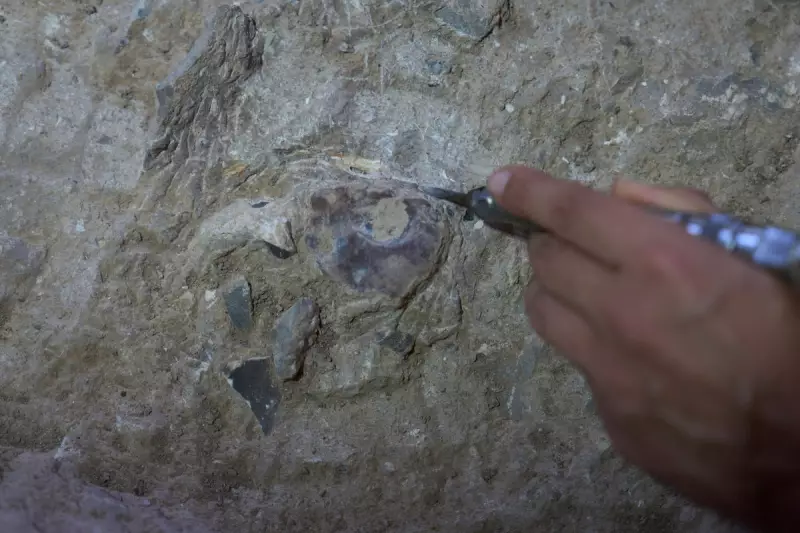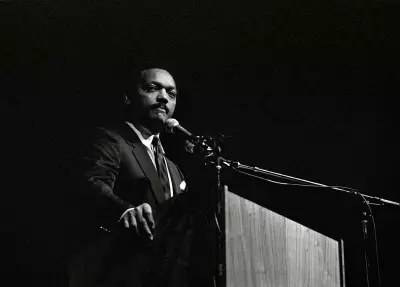
Archaeologists have made a stunning discovery in central Israel, unearthing a 6,000-year-old burial cave that offers a rare glimpse into ancient funeral practices. The cave, named Tinshemet Cave after the Hebrew word for 'bat', was found during construction work in the region.
A Time Capsule from the Chalcolithic Era
The cave dates back to the Chalcolithic period (4500-3500 BCE), a transitional phase between the Stone Age and Bronze Age. Researchers found multiple burial sites containing human remains arranged in unique positions, suggesting complex ritual practices.
Remarkable Preservation
What makes this discovery particularly significant is the exceptional preservation of the cave's contents. The sealed environment protected artifacts that would normally deteriorate, including:
- Ceramic vessels
- Flint tools
- Bone remains
- Possible ritual objects
Insights into Ancient Beliefs
The arrangement of the skeletons indicates the community had developed sophisticated beliefs about death and the afterlife. Some bodies were placed in fetal positions, while others were accompanied by grave goods, suggesting social stratification.
Dr. Ronit Lupu of the Israel Antiquities Authority stated: 'This discovery provides unprecedented evidence about mortuary practices during this little-understood period. The care taken in burial arrangements shows these weren't just practical disposals but meaningful rituals.'
Ongoing Research
Scientists are now conducting detailed analyses of the finds, including DNA testing and radiocarbon dating, which may reveal:
- Genetic relationships between the buried individuals
- Dietary habits of the population
- Possible causes of death
- Trade connections with other communities
The cave has been sealed for protection while research continues, with plans for eventual public access to this remarkable window into our ancient past.






